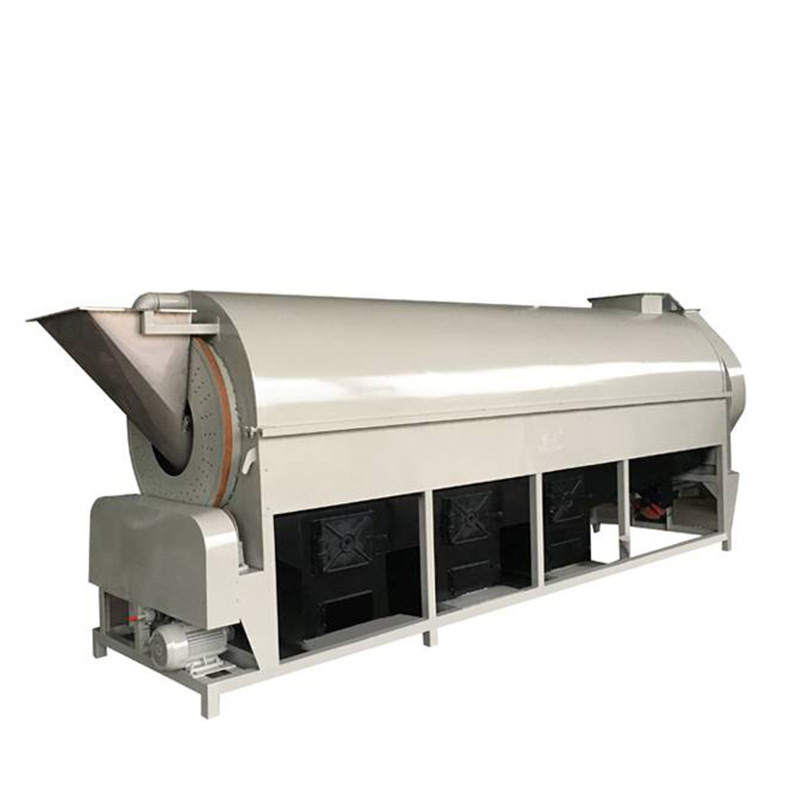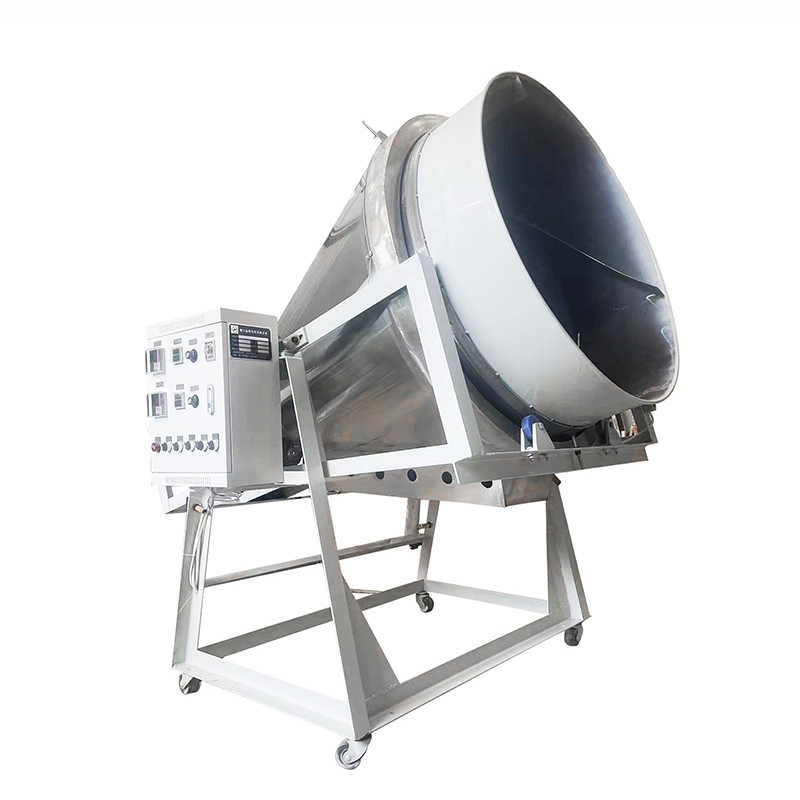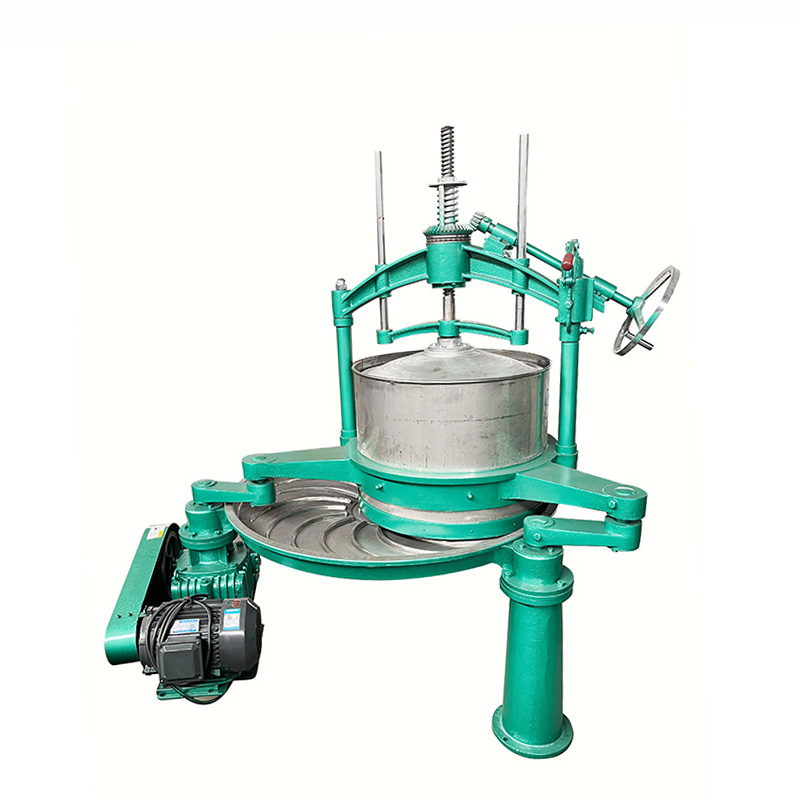What harm will long-term frying at low temperature do to Pu’er tea?
The main reason why Pu’er tea needs to be cured by a Tea Fixation Machine is to inhibit the activity of enzymes in the fresh leaves through a certain temperature, thereby avoiding the occurrence of chemical reactions catalyzed by the enzymes.
After long-term research, it was found that the enzyme activity in fresh leaves is strongest when the leaf temperature is 40℃~45℃. When the leaf temperature reaches 70℃, the enzyme activity will be significantly inhibited. When the leaf temperature reaches 80℃~ At 85°C, the enzyme is inactivated.
In order for Pu’er tea to continue to release its potential in the later aging process and achieve the ideal smooth and mellow aging effect, the new tea is in the Tea Fixing Machine. Although the Pu’er tea that has been aged at normal temperature maintains the foundation of the later aging to the maximum extent, during the new tea period The taste is not the best, for example, the aroma is not high enough, the soup is not sweet enough, etc.
Nowadays, more and more Pu’er teas are sold in the market when they are new. In order to obtain better sales, merchants use the often misunderstood saying that “killing the enzyme will affect the later transformation of Pu’er tea”, through low-temperature and long-term frying. method to maintain the activity of the enzyme, and also found that low-temperature and long-term frying can make the new tea show a better taste.
In long-term Tea panning machine in a low-temperature wok, the floral aroma of the new tea is stronger, the soup color is more translucent, the sweetness in the entrance is more obvious, etc. However, low-temperature and long-term frying will prevent the enzyme from being inactivated, and later storage will cause an enzymatic oxidation reaction similar to that of black tea. If the leaf temperature is too low, it will cause fermentation in the pot. Long-term frying will cause the leaves to lose too much water, resulting in insufficient rolling of the tea leaves by the rolling machine. The tea juice dissolves too much when it is finished, resulting in insufficient dissolution of the tea made, etc. During later storage, the aroma will gradually weaken or even disappear, the tea soup will not be thick enough, and the taste will become bland.


